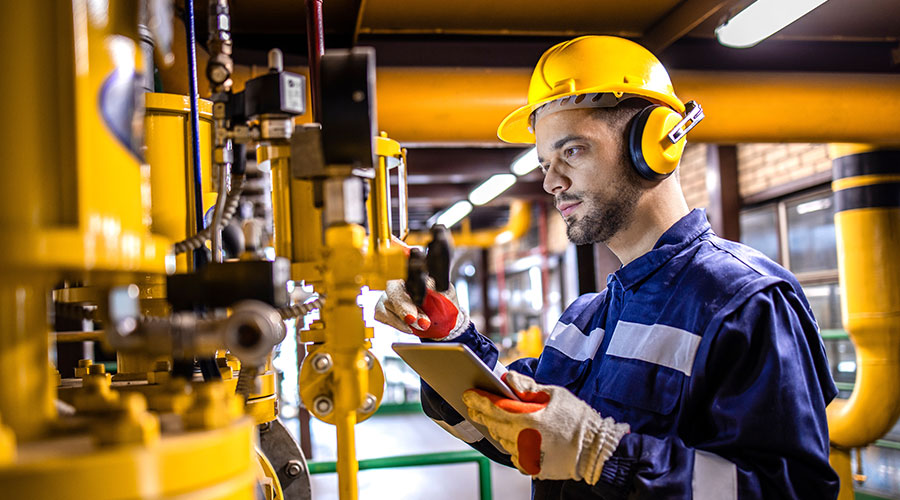Irrigation Systems: Looking for Trouble
November 19, 2014
Irrigation systems are essential elements of landscapes for institutional and commercial facilities. When properly installed, operated, and maintained, irrigation systems ensure that grounds look their best and remain healthy. But grounds managers also can run into costly leaks, unsightly damage to landscapes, and waste of valuable water resources if just one component of the system does not work properly. It is extremely important that technicians pinpoint and fix problems as soon as they arise.
Regular maintenance can ensure that irrigation systems run as efficiently as possible. In addition to complete monthly system checks, weekly visual checks can ensure that technicians identify potential problems before they cause significant damage.
Once technicians have identified the source of a problem with the irrigation system, the next question a manager must answer is whether repair or replacement is the best course of action. They can consider several factors when making the decision — the system's age, changes to the landscape over time, and the benefits of bringing in new technology.
System age. Although a properly installed and maintained irrigation system might have an operational life of 20 years or more, some older systems might not be repairable if the manufacturer has stopped making the parts. In other cases, the cost to repair a system might be significantly higher than the cost to replace it.
Landscape changes. Just as landscapes change over time, so should irrigation systems. When making any changes to the landscape, it is important to keep in mind the specific irrigation needs of the finished project. Lawns, flowerbeds and trees each require different amounts of water to remain healthy and thrive. An irrigation system that is not set up to provide the right amount of water to each plant type will be ineffective and wasteful and might be detrimental to the health of the landscape.
Smart technologies. If an irrigation system's controllers are more than five years old, the system is using outdated technology. As with cell phones, computers and any other electronic device, controllers improve and offer more features with each new generation. While the cost of implementing a new-generation irrigation system might be higher in the short term, the long-term benefits of such a move include lower water bills and less system maintenance.
To read more, go
here.
Next
Read next on FacilitiesNet







